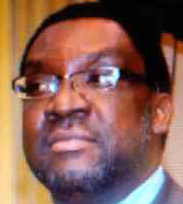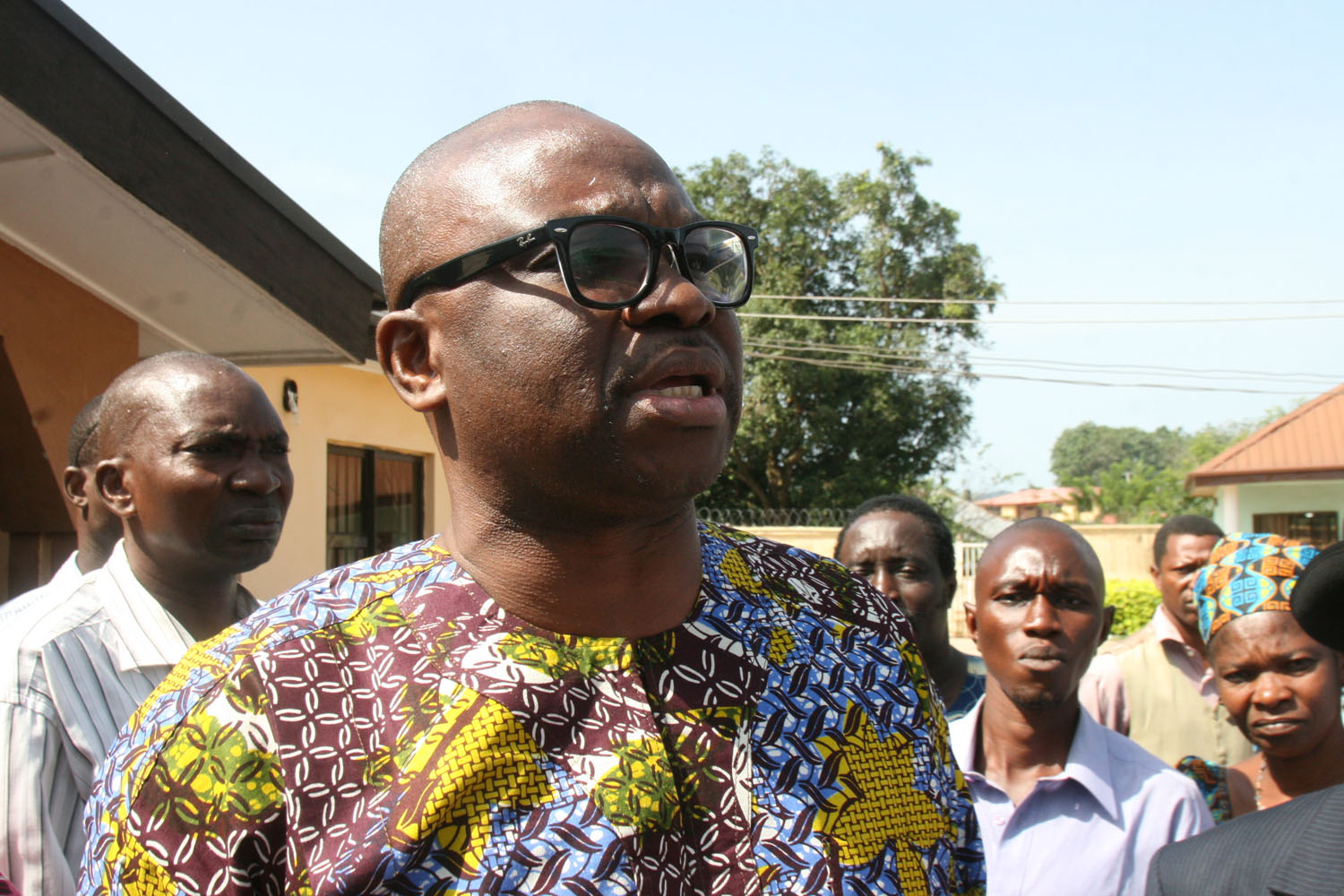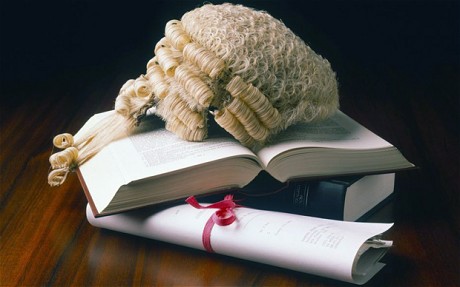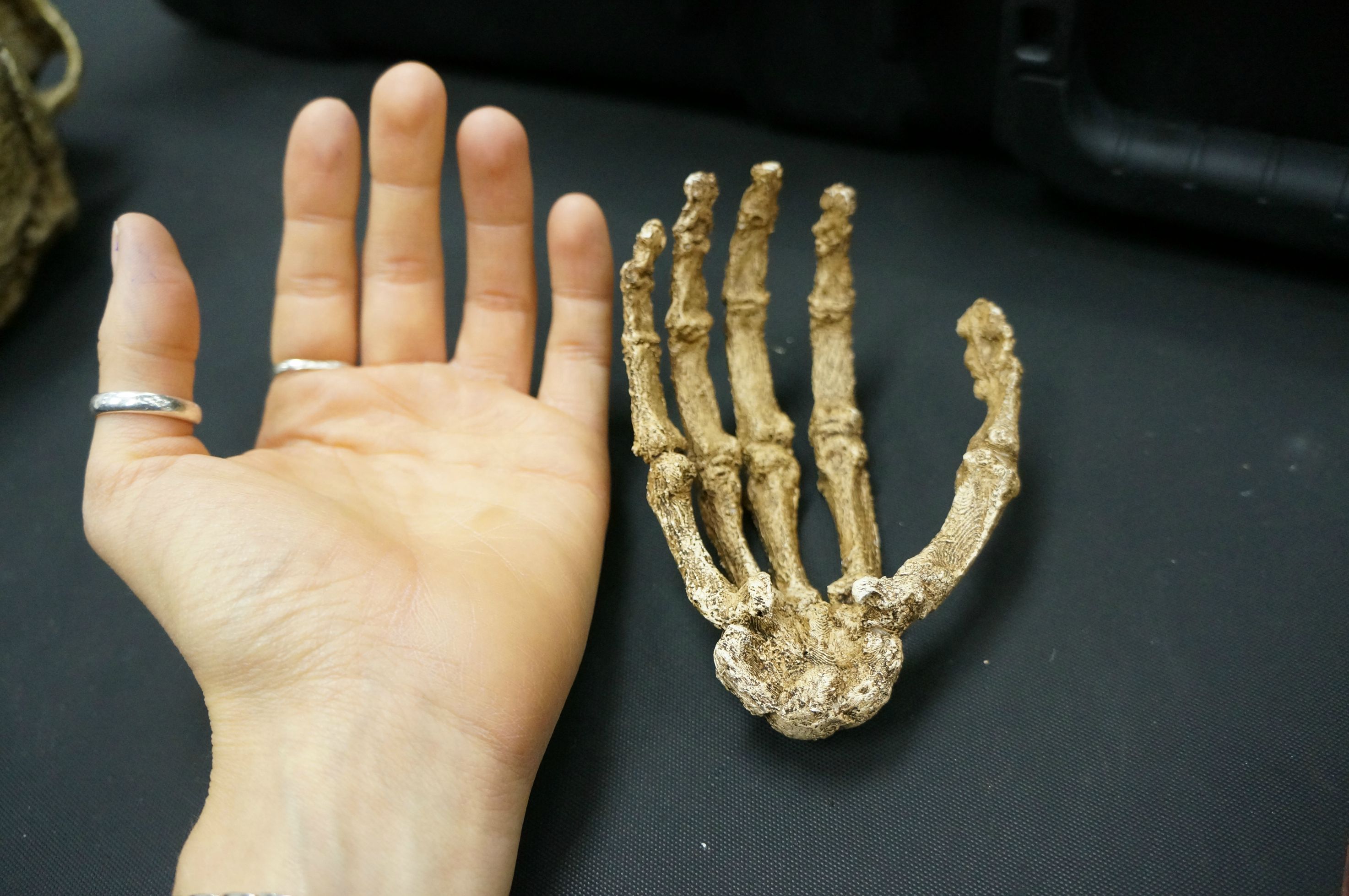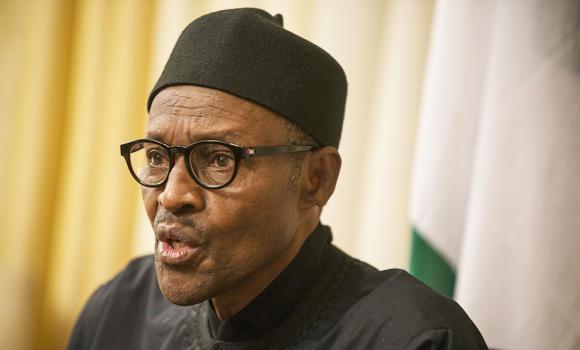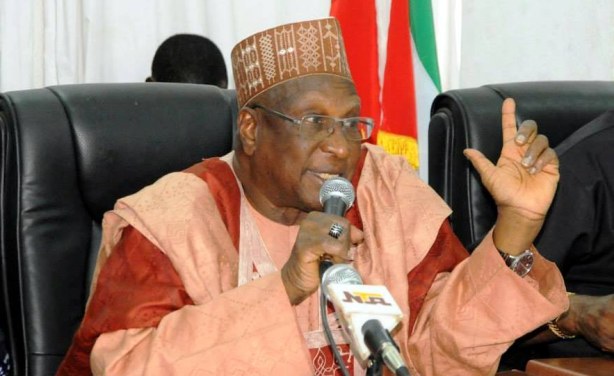It’s been 105 days since President Muhammadu Buhari’s tenure began and like his party, the All Progressive Congress, he has set out his stall, claiming credit for the beginning of a process that will redefine governance in Nigeria.
Although the President did not pen down his own achievements in the first 100 days as some world leaders tend to do, his image makers have taken up the gauntlet, telling measurable success story of this administration, in the traditional fashion of analyzing a President’s first 100 days in office, which took on symbolic significance during Franklin D. Roosevelt’s administration in the United States.
In arriving at this benchmark to measure the early success of President Buhari’s government, therefore, the plausible verdict is that there is a new Sherriff in town whose reputation for no-nonsense, zero tolerance for corruption precedes him; and that while he may have taken his time in beginning the process of renewal, he has not wasted a single day in providing a reliable roadmap for change, the mantra through which he stood for election.
It is important to measure what the 100-day audit has revealed, for the President and the nation as a whole as indeed for the APC and the opposition that is in disarray, struggling to get a hang of putting the government in check.
Advertisement
The Presidential footprint that has emerged is that of a man who is determined to lead by example, particularly in the areas of national security and accountable governance. On this score alone, it is impossible not to have seen an attitudinal change within the polity. The approach to securing the nation is a radical departure from that of the previous administration and like everything Buhari, it has come with a searchlight into the filthy past as a way of setting a new tone for the present and future engagements.
The new set of service chiefs does not seem to be the loquacious type that is heard in the media but less felt on the battle-front. Buhari’s military lords are proving to be the type that has no hesitation in directly leading the war on terror in the North-East, where the military command has moved to since the new President took charge. And while it may be too early to jubilate, somehow, it does look like Boko Haram is being contained.
Yet, in Buhari’s 100 days, there is a reform in the military that epitomizes change: a probe of the multi-billion dollar military budget of the last administration is ongoing; a review of the court marshal and dismissals of soldiers during the last administration is also commonsensical. If soldiers had truly been starved of ammunition and allowances, why send them to confront a better-equipped enemy only to fire them for running for dear lives?
Advertisement
The president’s body language and believability rating are a plus. He would most probably score higher than any other president in the history of Nigeria on sincerity of purpose and bringing integrity and moral authority into governance. This is a requirement that is non-negotiable given how the picture of an incorruptible leadership sends signals across that this is a president that won’t deal in sleaze.
It may have come late with needless argument, but making public his asset declaration adds to the early-win basket of the President and his deputy, so much so that the Washington Post says PMB might well be the least corrupt of all African leaders with a personal saving of less than N30m.
It’s worth re-stating because unlike Olusegun Obasanjo and Goodluck Jonathan who did not declare their assets publicly, Buhari’s modest assets give an assurance that he’s a man the country can be entrusted with. And unlike the late President Umaru Yar’Adua, who though made his assets declaration public but failed to convince Jonathan to follow in his footsteps, the Buhari-Osinbajo example signposts a new dawn.
Beyond this personal example in forthrightness, what the Buhari presidency also brings to the table is not being predictable on appointments. This conveys the sense that this is a leader who is his own man and won’t easily succumb to pressure. Regardless of the hoopla that this may be generating, there is merit in Buhari’s approach to stick to appointing those he can personally vouch for – play less of politics and put the right people in charge of the economy.
Advertisement
It should become apparent soon that if this strategy works, particularly for the six high revenue-generating agencies like NNPC, FIRS, NPA, Customs, NIMASA and the PHCN, Nigeria may soon double its annual revenue, with or without the earnings from crude oil which might dip further considering the disruption that Iran’s entry will bring.
To be frank, it should count for something that stealing is now considered as corruption and that many government agencies that are previously given to malfeasance and shoddy record keeping are now adjusting. Now, there is a sense of doing things properly and that mediocre and half measures are no longer welcome.
The Treasury Single Account policy that Buhari introduced, and which a progressive state like Lagos has also adopted, is a key game-changer – poised to block leakages in government accounts and boosts probity. Yet, beyond the ‘bailout’ intervention package that has rescued many states from industrial crisis, who would have thought that states and Local Governments would be sharing billions of naira for their July allocation in spite of the challenges in the oil market?
Let no state governor lie that it is all gloom. Something has definitely changed at the centre, which states too must emulate. There is openness and accountability and impunity is sinking into history.
Advertisement
It is the changed atmosphere, occasioned by the new body language of power that has suddenly ensured that gas pipelines are secure, shooting up power generation to an all-high of 5000 megawatts. It is this same fear of Buhari, I reckon, that is getting refineries to gradually roar back into life with fuel queues and fraudulent subsidy claims disappearing. Not only do we now know that there are monies owed Nigeria in phony oil swap deals but there is also the political will to go after such debts.
This, without a doubt, is a necessary foundation to build on. But it is just what it is – a mere foundation! Buhari’s government is now ripe to start erecting concrete layers of change that must endure. He should now form his cabinet and attend to the economy. We must see a clear roadmap and policy direction. Job creation must be swift and measurable and should have demonstrable sympathy for local manufacturers and entrepreneurs. Buhari must support the CBN in rescuing the naira and strengthen a monetary policy that can call the bluff of the likes of J.P Morgan’s intrusive meddlesomeness.
Advertisement
If the cabinet is formed before the end of the month as promised, Nigeria’s place in the world would have been further restored and the need to go after our stolen wealth stashed abroad and bring looters to justice will be easier to prosecute. Somehow, I have a hunch that the last quarter of this year will ooze out fresh fragrance in the economy, leading to a pragmatic budget in December, in spite of the challenges that unstable oil prices may bring.
It may not be a perfect measure, but using the first 100 days to gauge presidential effectiveness is a useful one. Buhari is laying a solid foundation; it’s now time to forge ahead with a cabinet that is equipped with economic wizardry.
Advertisement
